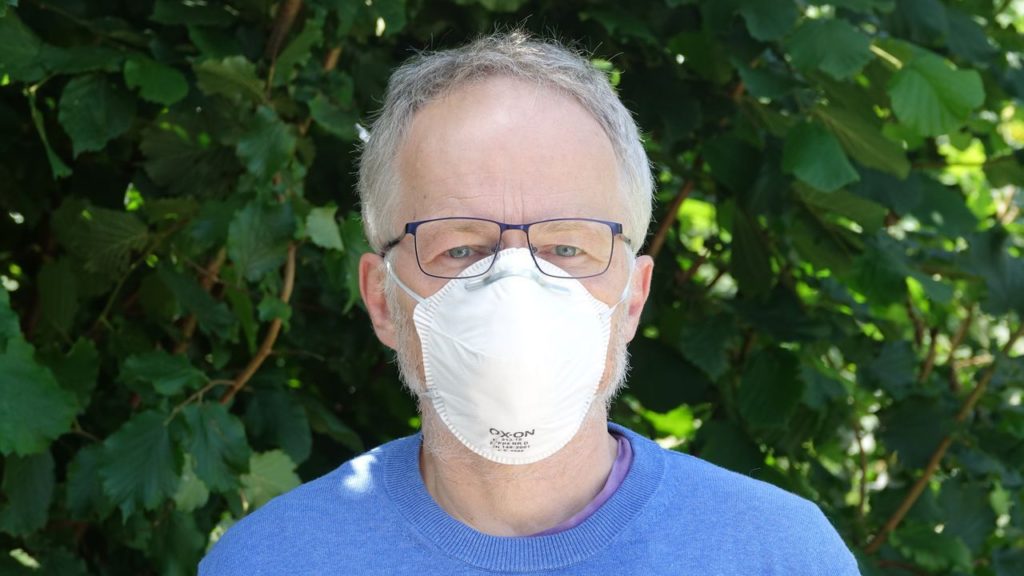Virologist Steven Van Gucht, for most of the coronavirus crisis the public face of national health institute Sciensano, has been responding to criticism from two other scientists of the country’s handling of the crisis.
Yesterday the VRT reported how molecular biologist Marc Wathelet had been one of the voices warning of the dangers of Covid-19 in the early days of the outbreak in the Chinese city of Wuhan.
As early as the end of February, when the first Belgian victims of the virus were returning home from China, Wathelet published an open letter claiming that federal health minister Maggie De Block was minimising the risks.
“Your statements make it clear you have not understood what sort of danger Belgium and the rest of the world are facing,” Wathelet wrote. His criticisms earned him a response from De Block, in a tweet since deleted.
“Yet another drama queen,” De Block posted.
Professor Marc Van Ranst was no more diplomatic.
“Wathelet is completely unknown in the world of virology," he said at the time. “That man has no credentials at all as a virologist and certainly not as an expert on coronaviruses. He is an unemployed virologist, who cannot find a job anywhere at the large universities. Why should you take him seriously?”
But Wathelet – whose career has largely been in major hospitals in the United States – now claims he was right all along, including in the very early days when those now at the leading edge of the handling of the crisis were still dithering.
The thing that made him realise the gravity of the situation, he said, was the lockdown of Hubei province, where Wuhan is situated, at the end of January.
“That massive lockdown was the big eye-opener for me. If the Chinese put a province with more than 60 million people in lockdown, then you can be sure that something very serious is going on.”
Nonetheless, despite his private correspondence with the health ministry, and his open letter later, he continued to be treated like an outsider, he claims, while his warnings went unheeded – at least in public, as it has since emerged that some senior scientists within the group of experts advising the government were expressing misgivings in private meetings and a closed WhatsApp group.
In fact, professor Steven van Gucht told The Brussels Times already in an interview in April that Belgium started to follow the situation and became more involved when a lockdown was declared in Wuhan and the first European citizens were repatriated from there on 21 January.
“As a scientist, I understood that it was the beginning of pandemic and we didn’t wait for the WHO to define the outbreak as a pandemic,“ he said.
Now Steven Van Gucht has come forward with a response to those he calls the ‘early warners’.
“I think the reaction of the early warners is a bit exaggerated,” he told the VRT. “Everything they say, we knew as well. We took the situation very seriously from the beginning. From January we were busy day and night, and we took into account all possible scenarios. In fact, anything is possible and no one could calculate exactly what the impact of the corona crisis would be,” he said.
He did admit that many deaths could have been avoided if the government had introduced a strict lockdown as early as January.
“But that is very easy to say with hindsight,” he said. “When we announced the lockdown, we had 560 infections and three deaths. That is much earlier than in the Netherlands or the United Kingdom. That was very early. We had our first really local case on March 1. We entered lockdown on March 13. That’s a delay of only 12 days. And there has never been a lockdown in Belgian or European history. You don't do such a thing just like that.”
The government’s strategy then was one of test-isolate-trace, conventional in virus outbreaks. But that was overtaken by events. As soon as it became clear that government health inspectors could not keep up with the exploding numbers, the strategy had to change.
Alan Hope
The Brussels Times

